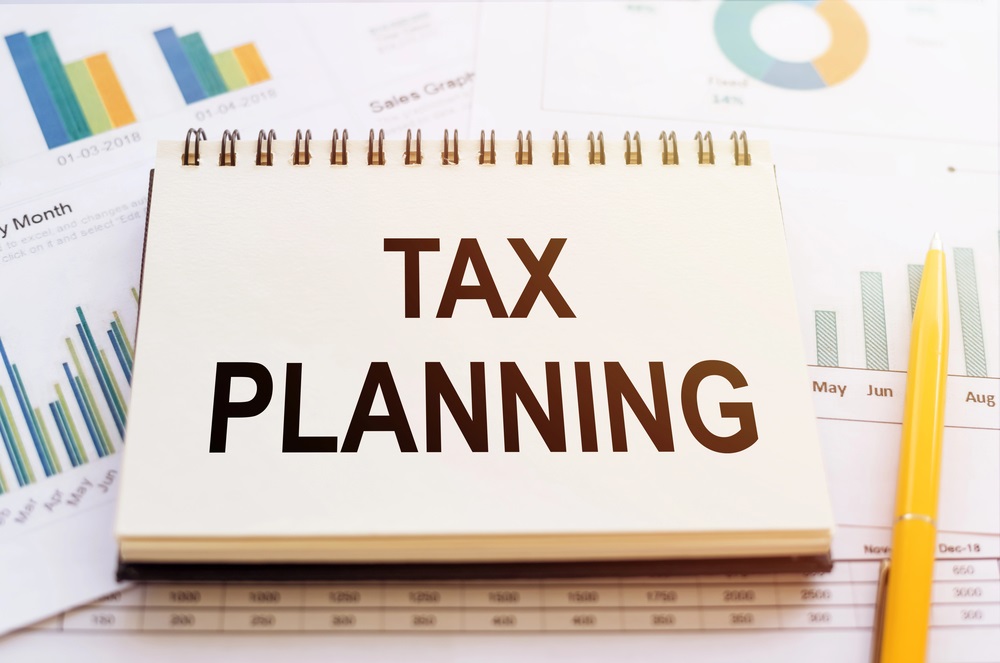Many small business owners wait until tax season to connect with their CPA. But the fact is, addressing your tax liability effectively requires planning throughout the year. Those business owners who reap the most benefits consider their taxes year-round, rather than waiting to focus on tax payments only a few weeks before the filing due date.
A typical small business qualifies for numerous tax deductions; for example, you can claim deductions for the following:
- Cars operated for business purposes
- Business-related travel and entertainment expenses
- Purchases of office supplies, furniture, equipment, and software programs
- Telephone expenses
- Contributions toward insurance policies, retirement plans, and pension funds
It’s surprising how many small businesses never take advantage of these deductions, mainly because they suffer from the “tax-planning-happens-but-once-a-year” syndrome. To fully benefit from these deductions, you must systematically maintain your expense records throughout the year.
Your goal should be to reduce your tax liabilities by retaining records of your purchases and determining the proportion of business costs in combined expenses. By monitoring your expenses closely all year, you can analyze each expense for its tax impact as it is made.
Additionally, smart business owners should contemplate several key steps to tax planning:
- Invest in the most effective tax record tools for your business.
Investing in online software tax-filing applications will help you benefit from more rigorous and accurate recordkeeping. Sure, the initial investment may be significant, but regular monitoring should facilitate tracking expenses and making advance payments, which can save you money in the long run.
- Determine when you need to seek professional tax tips and planning advice.
At times, you can justify paying for professional tax services, particularly if you need advice on unclear requirements in tax laws that could be in your favor. To prevent unnecessary complications and aggravations, you must avoid violating tax laws that may be applicable to your small business. If you are unsure of these laws, using the tools at your disposal, such as current software and online recordkeeping, and complementing those capabilities with professional advice when needed, can help you keep your taxes under control.
- Establish year-round tax planning goals.
A good tax-planning strategy will help you accomplish some of these goals:
- Reduce the amount of taxable income
- Claim any available tax credits
- Lower your tax rate
- Control the time when taxes must be paid
- Avoid the most common tax-planning mistakes
Today’s business landscape is changing rapidly; the right CPA partner, consulted throughout the year, can bring to light tax-saving opportunities and reinforce the benefits of taking advantage of tax-planning strategies.
Learn more about our tax practice, our audit services, our business advisory service or our strategic, smart and wonderfully human team of experts here.
Need something else? We’d love to hear from you, so contact our accounting firm.
Want to be among the first to know MCB’s latest insights? Subscribe to our blog and our newsletter.
Copyright 2025 Mathews Carter & Boyce

